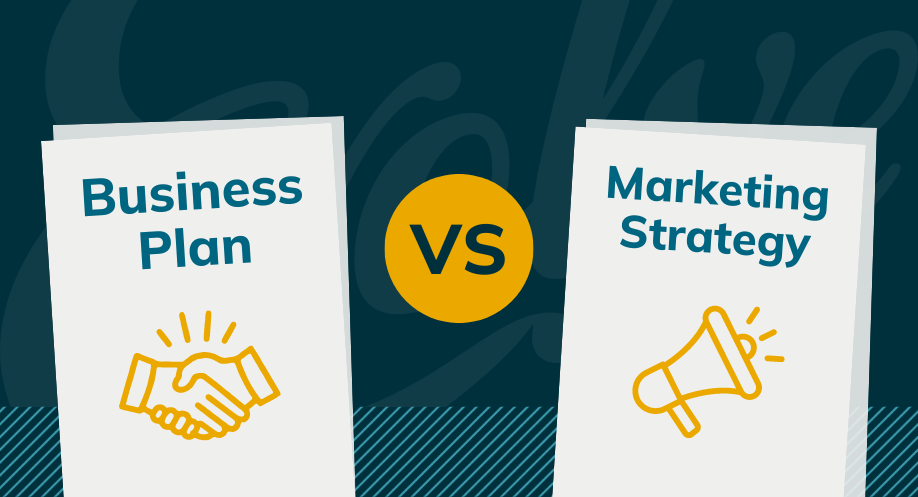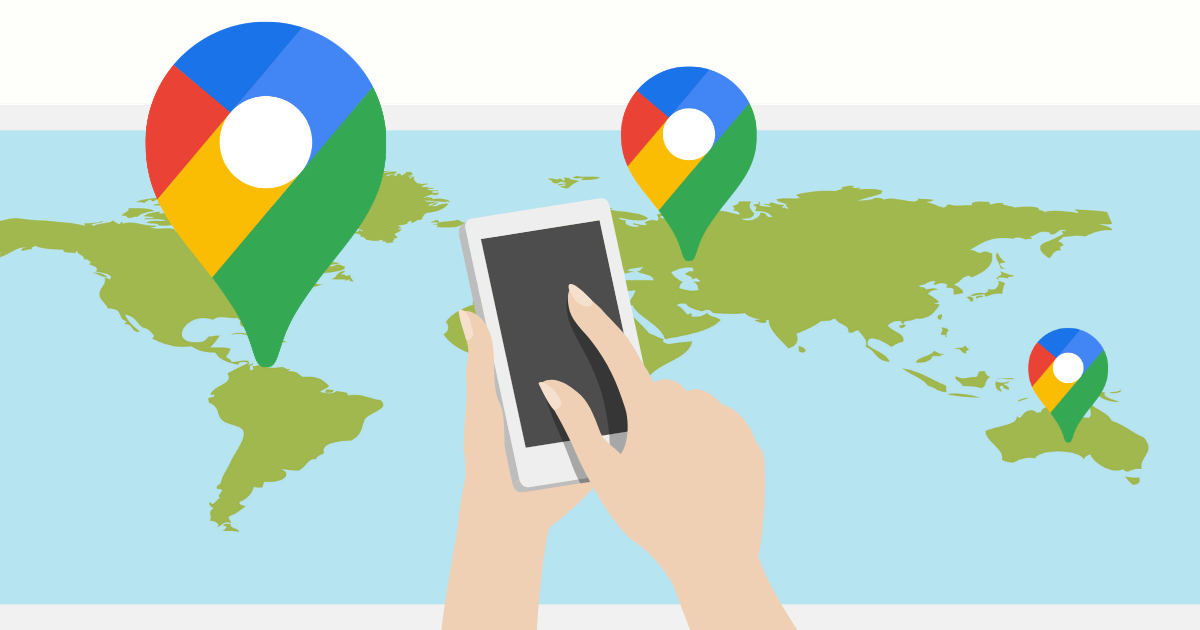Marketing Campaign Meaning
Marketing campaign definition
A marketing campaign is a deliberate strategy using multiple efforts to achieve a specific business goal. Marketing campaigns use a series of messages on multiple platforms to target the defined audience in order to achieve the predetermined objective.
Marketing campaign benefits
A marketing campaign strategy has a clear, single objective that directs how the campaign should be created and executed. Therefore the campaign will have consistent messaging to ensure all parts of the marketing campaign plan is unified. This allows the campaign to have specific measures and outcomes that can be used to guide future campaigns as well as impact business marketing as a whole. Furthermore, a marketing campaign advances your brand across different channels to establish a strong brand identity that will resonate with your audience.
Marketing campaign examples and reasons

There are many reasons for creating a marketing campaign that depends on your business and its goals. A few campaign reasons include:
- Promote a new product launch
- Market peak season
- Increase brand awareness
- Enhance user engagement
- Gather customer feedback
We are surrounded by marketing campaigns, in fact, you’ve probably seen many without explicitly realizing it’s a campaign. The ability for a business to expand on their brand and create a separate and dedicated strategy allows them to establish a discernible message for the targeted audience. A few recognizable campaign examples include:
- Apple’s iPhone 11: Product launch campaign example
- Apple’s powerful position in the industry makes its brand stand out among competitors which are emphasized through its marketing campaigns for the release of new products. Recently Apple released the iPhone 11 initiating an extensive campaign, for example, the focus on the iPhone’s new camera and capabilities promoted through creative videos making an evident impression in the market.
- Patagonia’s Black Friday: Seasonal launch campaign example
- With Black Friday being one of the most profitable seasons for retail stores, businesses often run extensive marketing campaigns to target consumers. Patagonia’s 2016 Black Friday marketing campaign took a unique approach by giving 100% of its Black Friday profits to environmental charities. Patagonia’s brand is known for its environmental conservation therefore this marketing campaign strategy aligned with its brand, but specifically targeted the peak season of Black Friday.
- Coca-Cola’s Share a Coke: Brand Awareness campaign example
- Coca-Cola’s ‘Share a Coke’ campaign grew to be one of its most recognizable and international campaigns, but it started in 2011 as a way to drive brand awareness in Australia. The marketing campaign strategy expanded off its image to create friendships but created a specialized plan to target young consumers in Australia by including names on the bottles.
How to Create a Marketing Campaign
Creating a marketing campaign takes planning in order to implement a campaign that successfully achieves the business goal. Below are the 9 steps on how to make an effective campaign.
1. What is the goal of the marketing campaign?

In order to determine the objective of the marketing campaign, you need a clearly defined goal. What do you want to accomplish? The business goal is the foundation of the marketing campaign plan as all the strategy and planning is solely designed to reach that goal. As listed above, there are many reasons a business may create a marketing campaign but the aim is for the goal to be as specific as possible to ensure a focused campaign.
One way to achieve this is to create a SMART goal that stands for, Specific, Measurable, Attainable, Relevant, and Timely. By breaking your goal down into these points it ensures your marketing campaign has a specific purpose, can be clearly measured, has realistic expectations, is relevant to your audience, and has a defined timeline. The following steps will outline these SMART points.
2. Who is the marketing campaign targeting?

In order to run a campaign, you have to know who you are running the campaign for. The targeted audience for your marketing campaign will often be more refined than your overall business audience since it has a focused objective. Knowing your audience determines how and where your campaign should be carried out.
To begin, you should define where your audience is in the sales funnel, what they are interested in, and what their pain points are. Understanding where in the sales funnel your audience is at guides how you approach your messaging. For example, new customers that likely have not heard of your brand will require a much different approach than your loyal customer audience.
Next, understanding what your audience is interested in and how they spend their time greatly instructs the development of your marketing campaign strategy. In order to reach your audience, you have to know where to reach them. Do they engage in similar activities? What groups are they associated with? What social media platforms are they on?
Last, what is your audience’s pain point and how does your campaign solve that problem? If you want to engage the audience you need to provide value. How does your product or service positively contribute to your audience’s life?
3. Where or how will the campaign be marketed?

Furthermore, determining where your audience spends their time influences what marketing channels to use. From direct mail, emails, social media, commercials, etc. there are many market channels to choose from and the channels that will reach your audience determines where the campaign should be implemented.
Other factors to consider include your budget and resources. Creating an email campaign can be much less expensive than sponsoring an event. Furthermore, what level of creation and management do your resources support, such as team members and capacity? You’ll probably be able to develop a large-scale campaign if you have a dedicated team as compared to a business with a single marketer.
4. What is the timeline of the marketing campaign?

To execute a successful marketing campaign you should not only have a set start date and deadline but a calendar of when each promotional piece will be released. Since you are promoting on multiple channels you want to coordinate each content and messaging release to ensure there is consistency throughout the campaign.
For example, if you are using Facebook advertising, Pinterest advertising, and a newsletter to promote your campaign, you would have to outline when and how long the Facebook and Pinterest ad(s) will run and the day you are sending the email. In addition, drafting what each piece of marketing content will say or address will create a more comprehensive calendar.
5. How will the marketing campaign be supported?

Other than just planning the initial marketing efforts it is important to plan for the complete sales funnel. Once the audience receives the direct mail with the coupon code or clicks on the banner ad, then what? Ensuring you are supporting the audience through all touchpoints is a critical component of executing a successful marketing campaign.
One important component is establishing a landing page designated for the marketing campaign. A landing page has additional information, a call to action (CTA), and any other necessary points so the consumer has a complete perspective on the campaign (e.g an embedded video or external link).
6. Who or how will the marketing campaign be created?

The next step is the creation of the campaign content, for example, writing copy, filming and creating a video, designing infographics, printing collateral, etc. This can be an exhaustive process depending on the scope of your marketing campaign and it requires the appropriate attention and skills to ensure quality creation. If your business does not have the in-house expertise to write, create, or design the necessary content, oftentimes businesses will outsource to agencies or freelancers.
7. How will the marketing campaign be measured?

Measurement is dependent on the campaign’s goals and channels. If your goal is to raise brand awareness and one of the platforms you are using is Instagram, then you could measure the number of social mentions. Or if your goal is to promote an event, you could track ticket sales as a means of measurement. Since marketing campaigns typically use multiple platforms, measuring efforts by each channel is a great way of further guiding your efforts and understanding your results. The important part is to have what you are measuring planned before you initiate your campaign because this provides actual numbers and statistics to understand how successful the marketing campaign was.
8. What information or data can the marketing campaign provide?

Other than analyzing your predetermined measurables, you should review the campaign for additional results or patterns that can be important marketing indicators that contribute to your business’ marketing as a whole. Therefore after a marketing campaign is completed, you should perform in-depth reviews, such as to ask: What could have we done differently? Were there any hiccups? If so, how can we address these in the future? How did the audience respond to different marketing channels? Etc.
Creating a marketing campaign means taking the time and resources to set your goal and plan your schedule through strategic research and understanding. A campaign allows you to focus your attention on a refined objective while subsequently developing your brand as a whole. Marketing campaigns are powerful strategies, as long as they are well-planned and executed.






